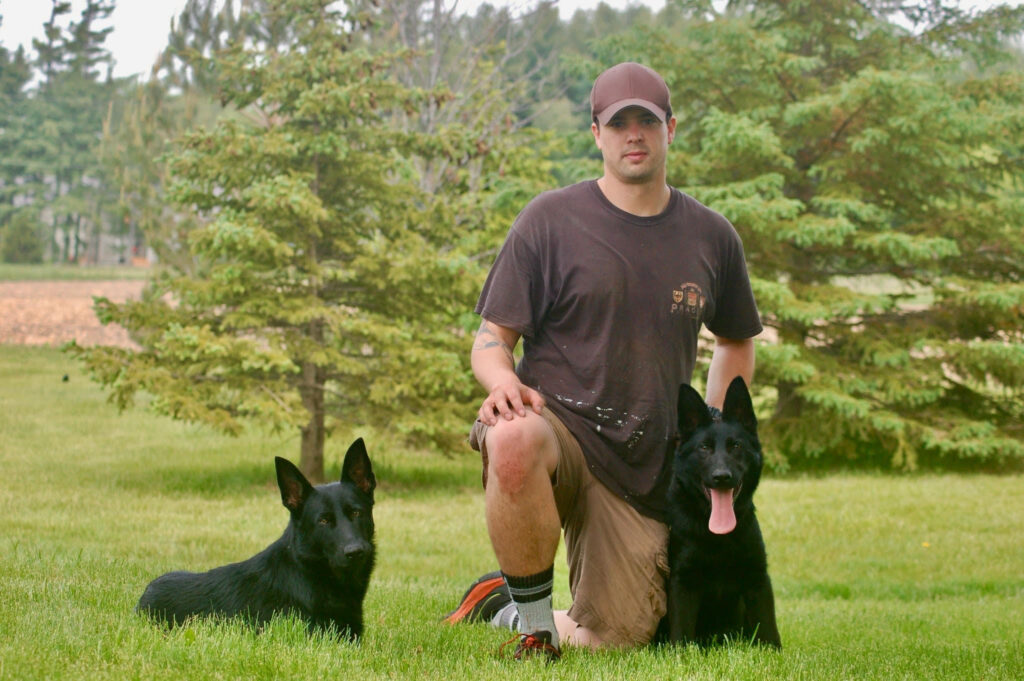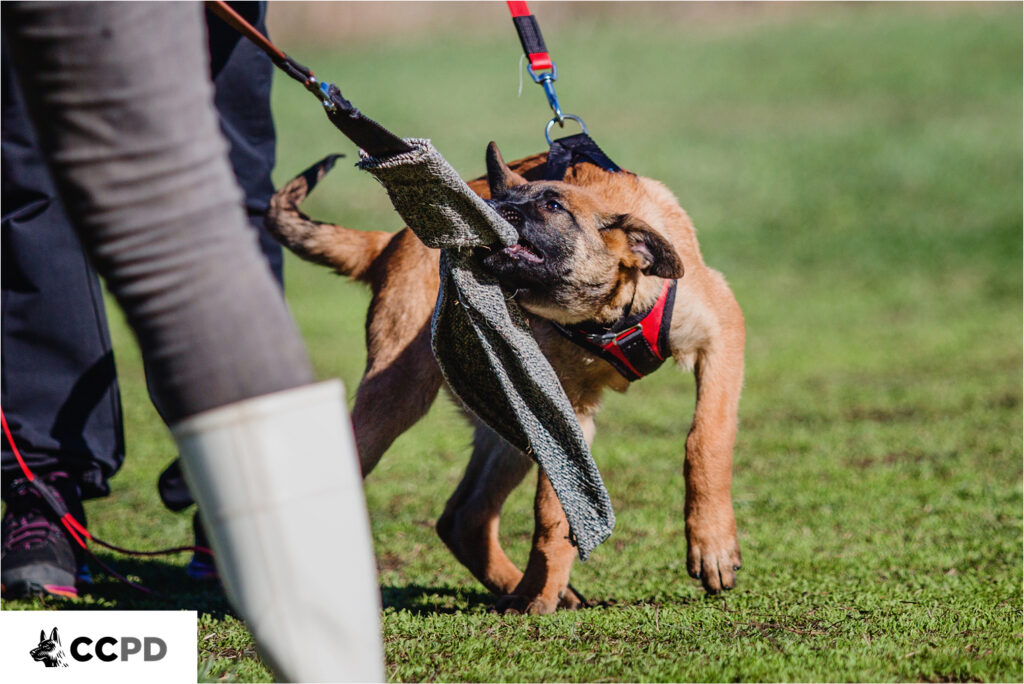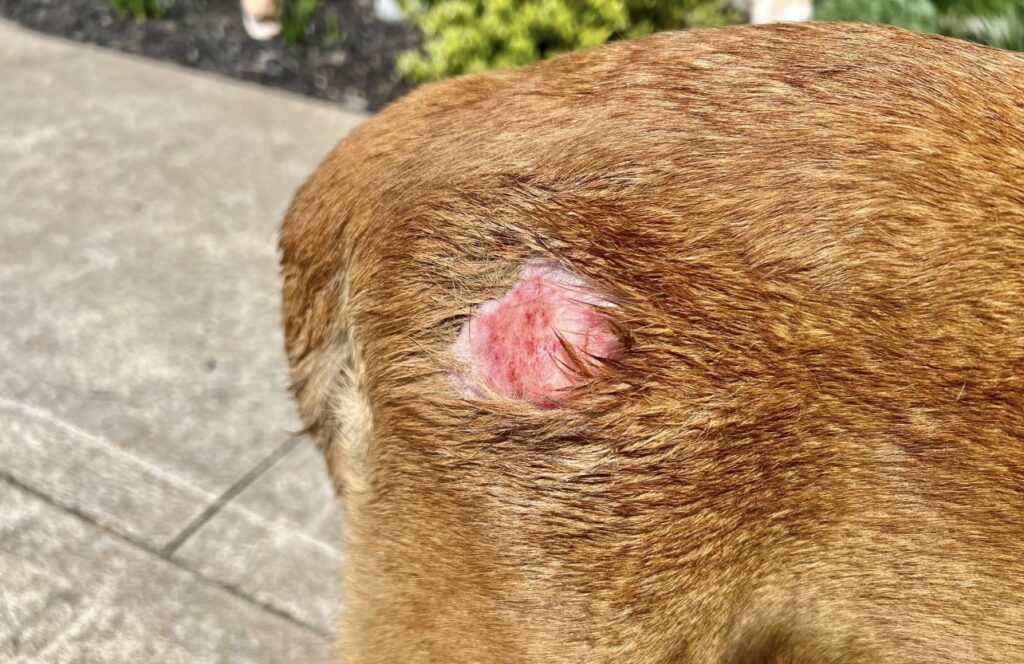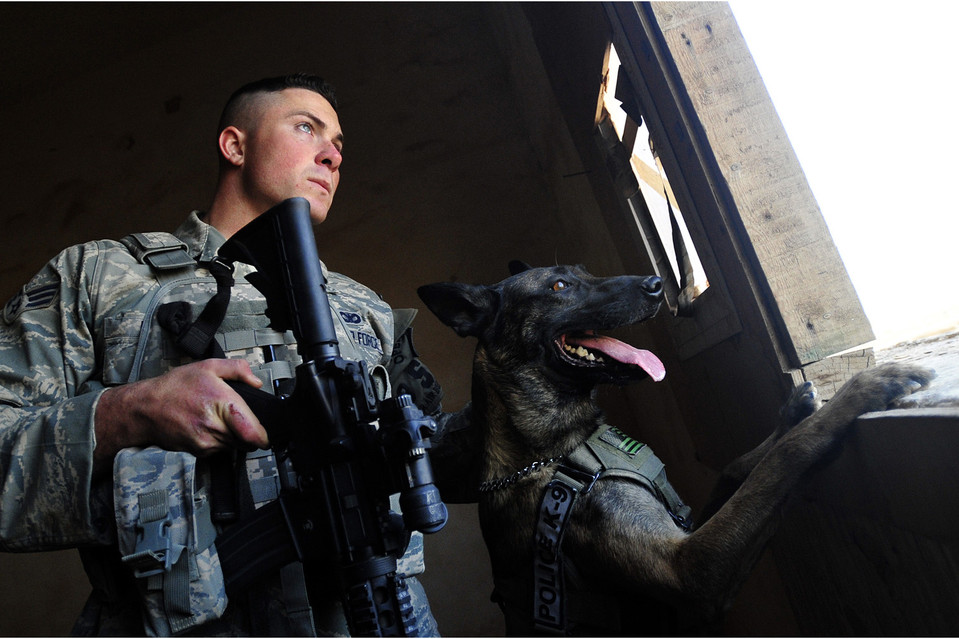Exploring Our Resources at CCPD: A Guide to Caring for Dogs
At CCPD, various resources are offered to help dog owners and enthusiasts. Education is provided on how to care for dogs effectively, crucial information that pet owners can benefit from. Through our programs, insights are shared about selecting the right dog for individual lifestyles and needs.
Choosing the right dog can be a daunting task. Different breeds possess unique characteristics, and it is essential for potential dog owners to consider factors such as size, temperament, and energy levels. Resources such as breed guides and temperament assessments are made available at CCPD, ensuring informed decisions.
Once a dog has been chosen, proper care becomes a priority. Dogs require regular feeding, exercise, and grooming, each contributing to their overall well-being. Health check-ups should be scheduled with a veterinarian to monitor the dog’s physical condition. At CCPD, educational workshops are offered, where tips on nutrition, exercise routines, and grooming techniques are shared.
Training is also a vital aspect of dog ownership. Dogs thrive on structure, and good training helps develop positive behaviors. Basic commands such as “sit,” “stay,” and “come” can be taught using positive reinforcement methods. CCPD provides training resources, including access to experienced trainers who guide owners through effective training techniques. Classes and workshops are offered to engage dog owners in learning.
Moreover, socialization is emphasized in our programs. Exposing dogs to different environments, people, and experiences helps build their confidence and adaptability. Resources such as group training sessions are facilitated, allowing dogs to interact in a safe and controlled setting.
At CCPD, a commitment is made to support dog owners through various resources. From choosing the right dog to caring for and training them, a comprehensive approach is emphasized. By utilizing these resources, dog owners can ensure happier, healthier lives for their companions. Insights shared at CCPD are designed to foster a positive dog ownership experience, resulting in a better bond between dogs and their owners.


























